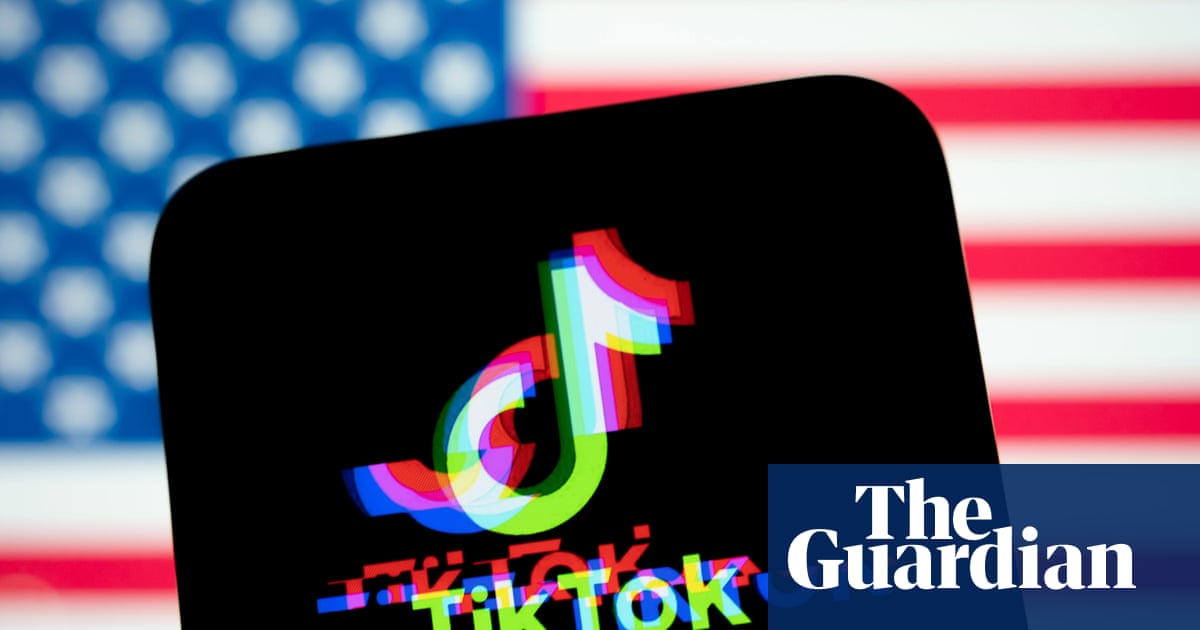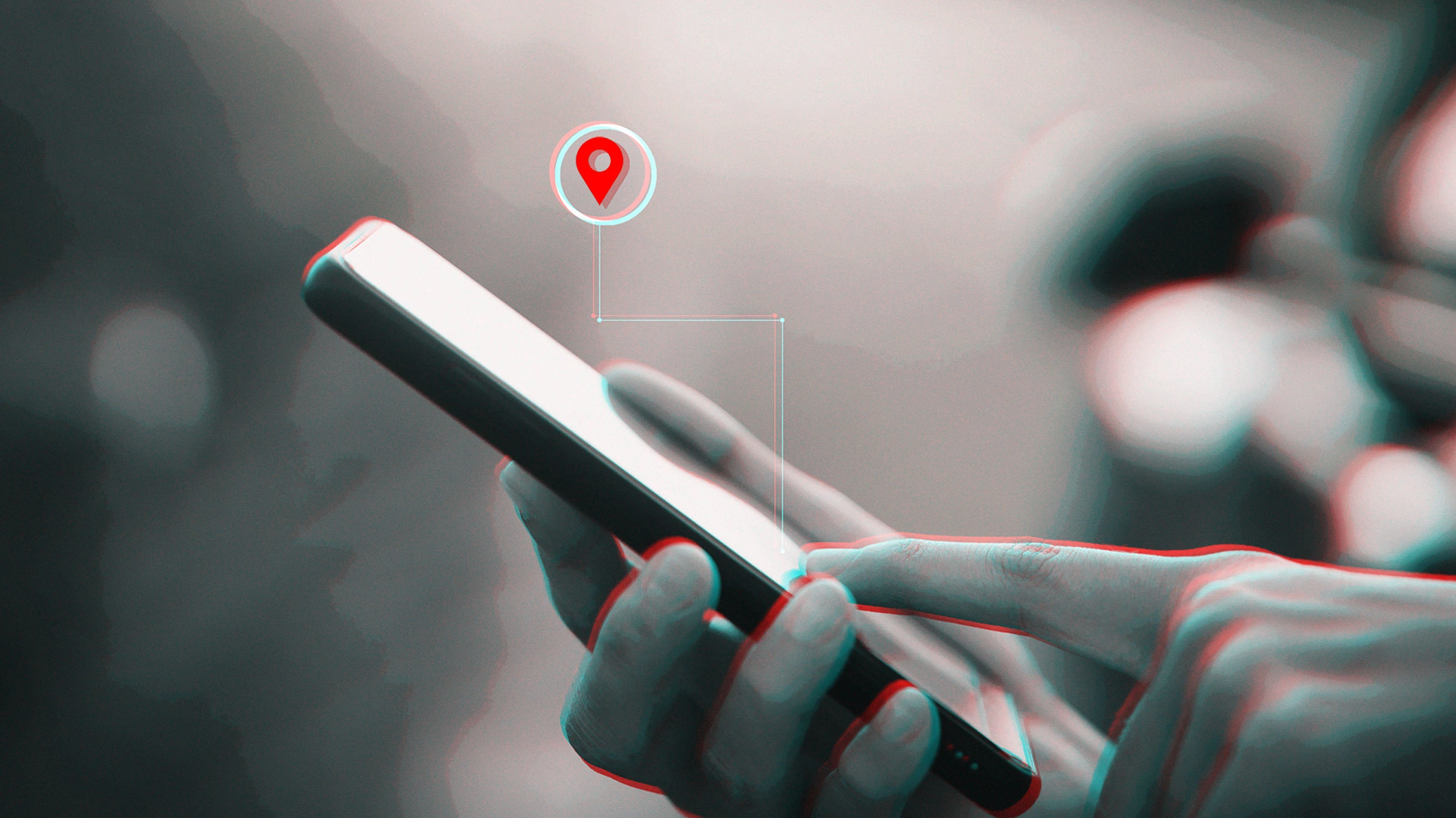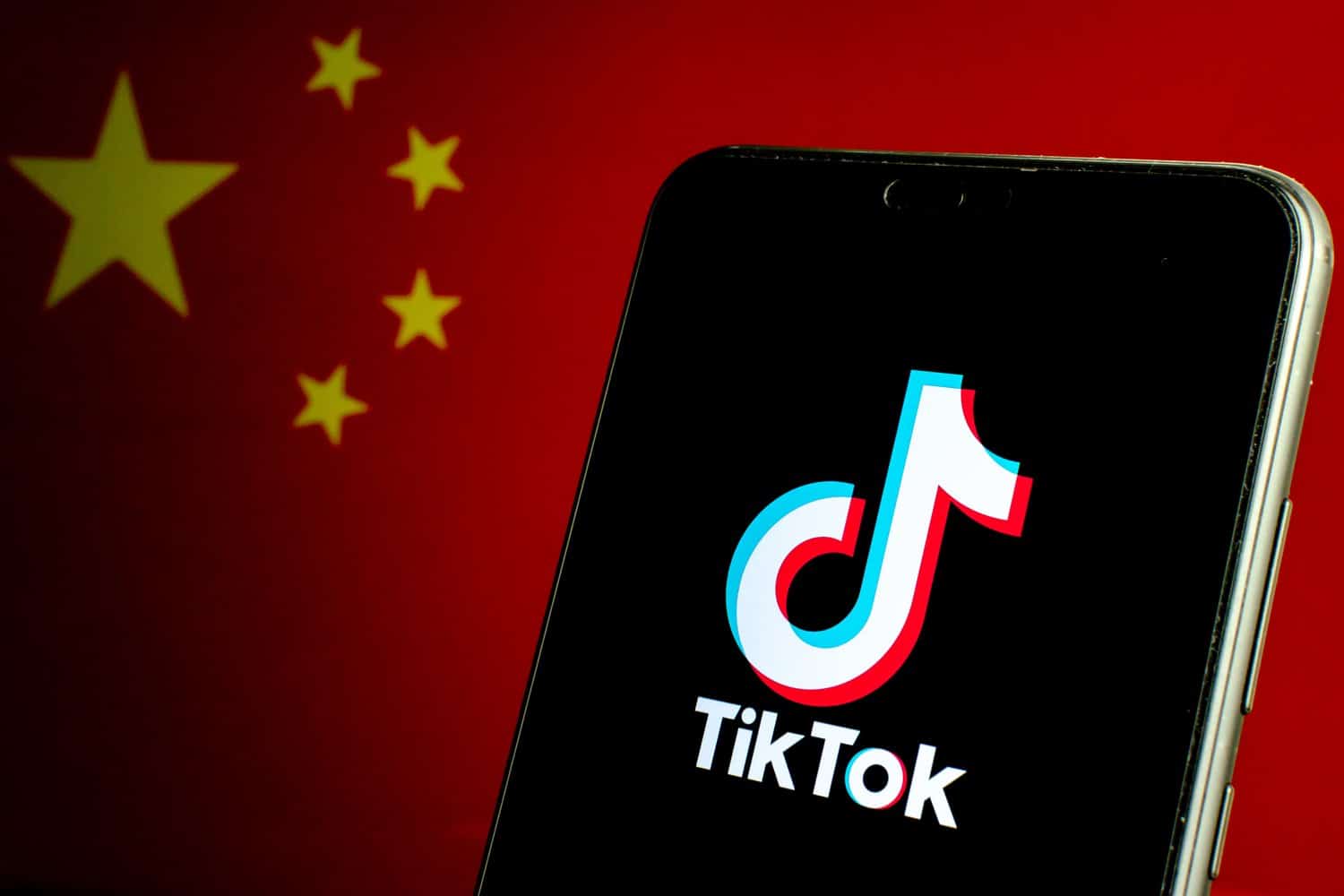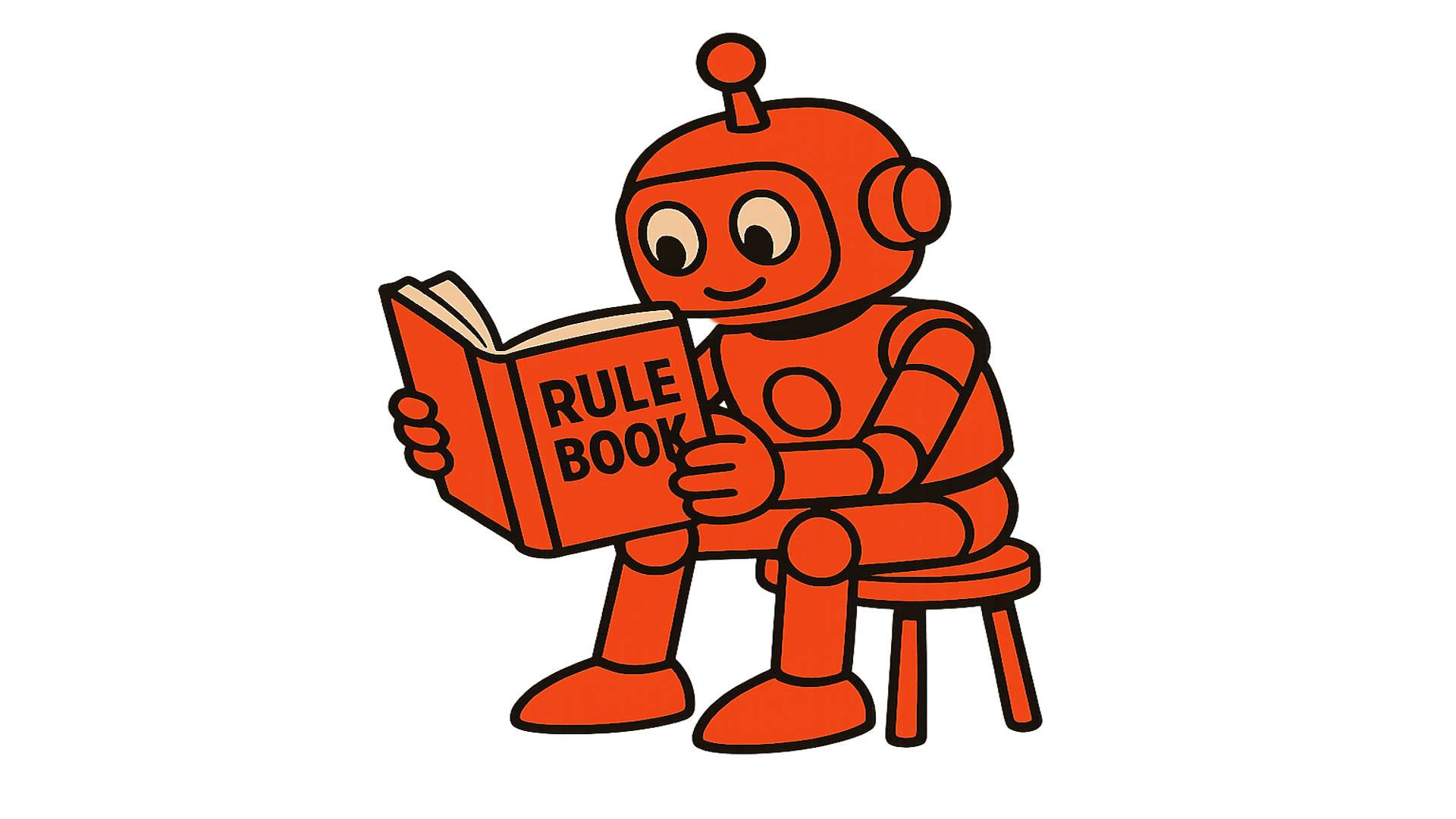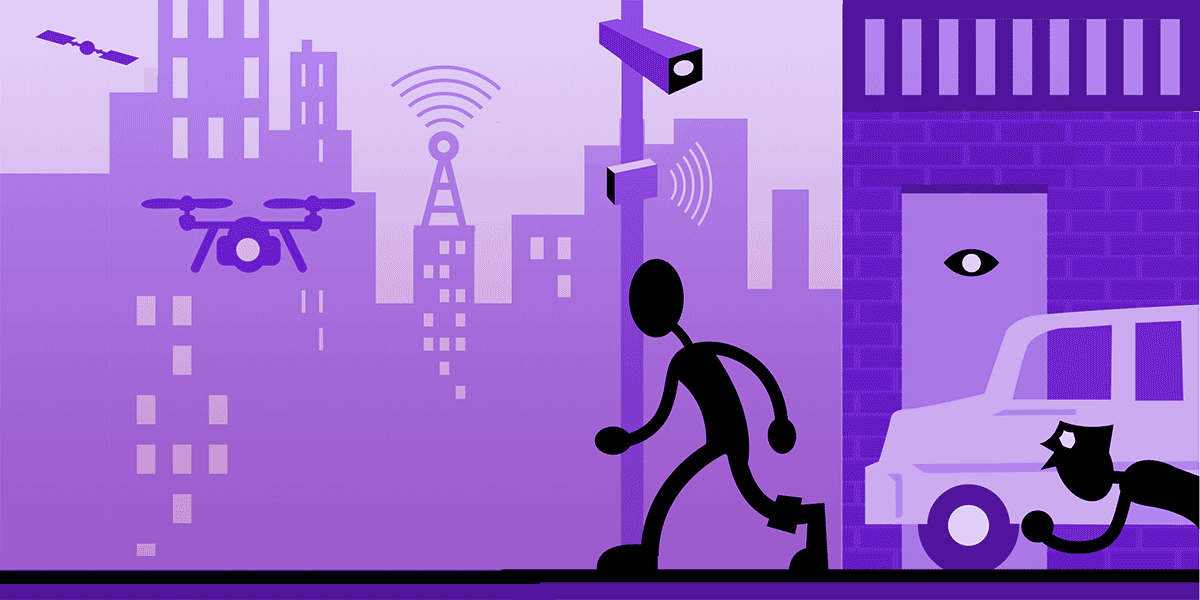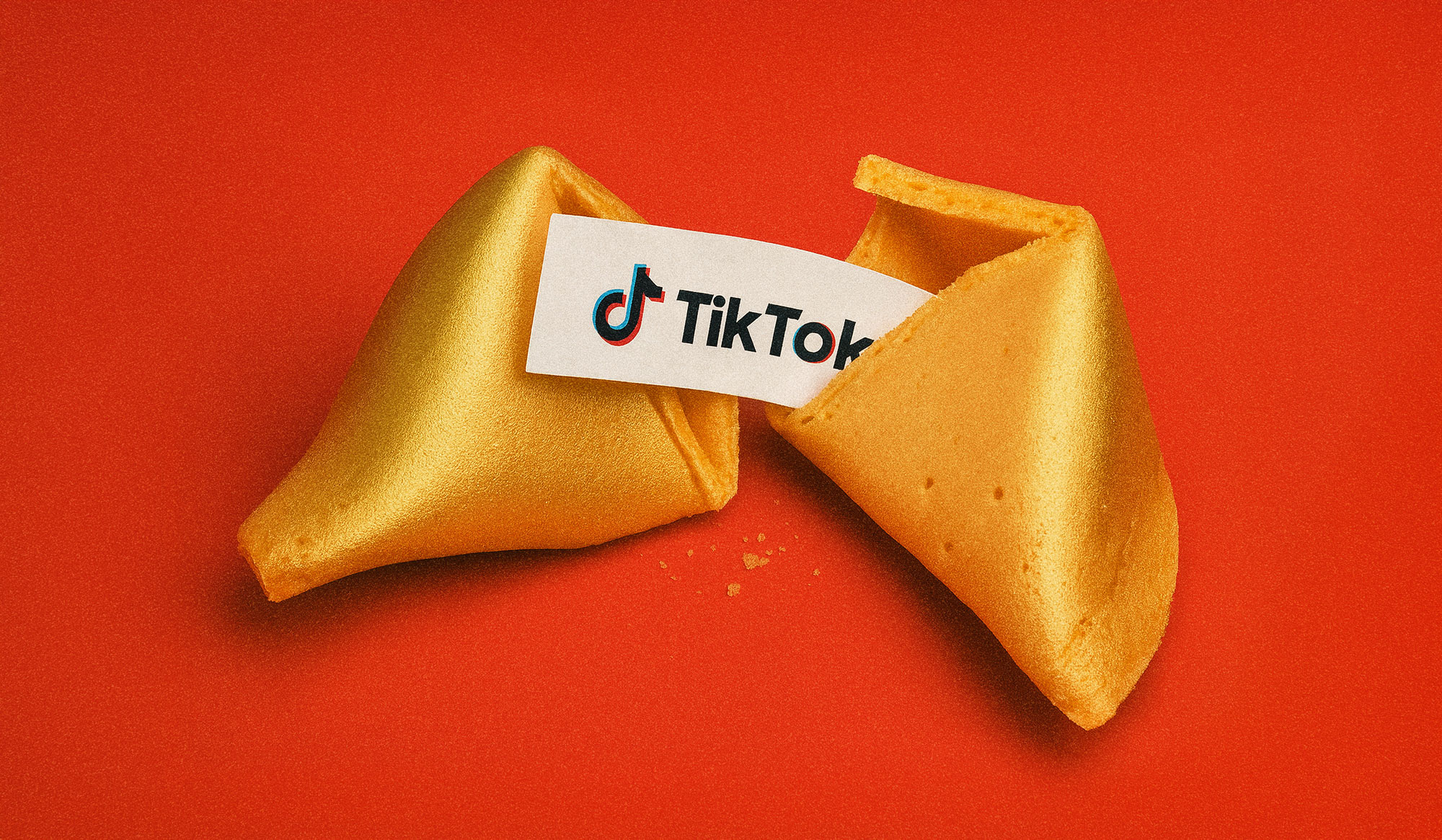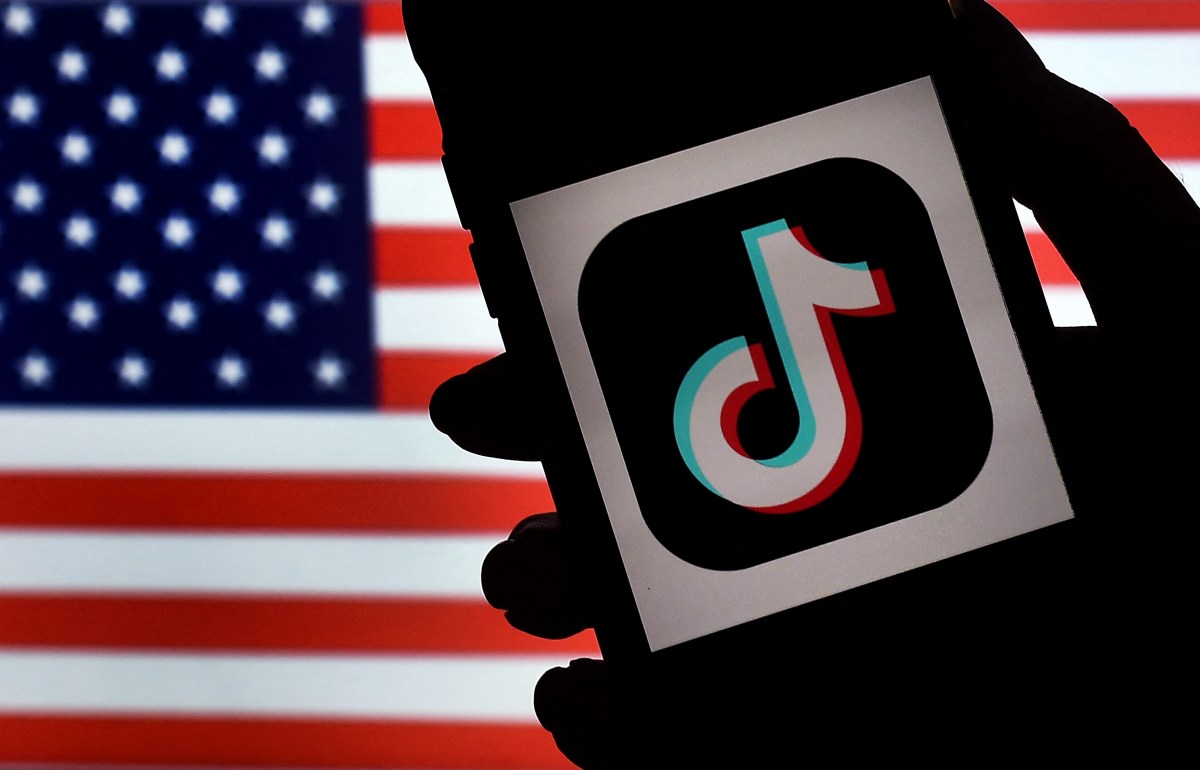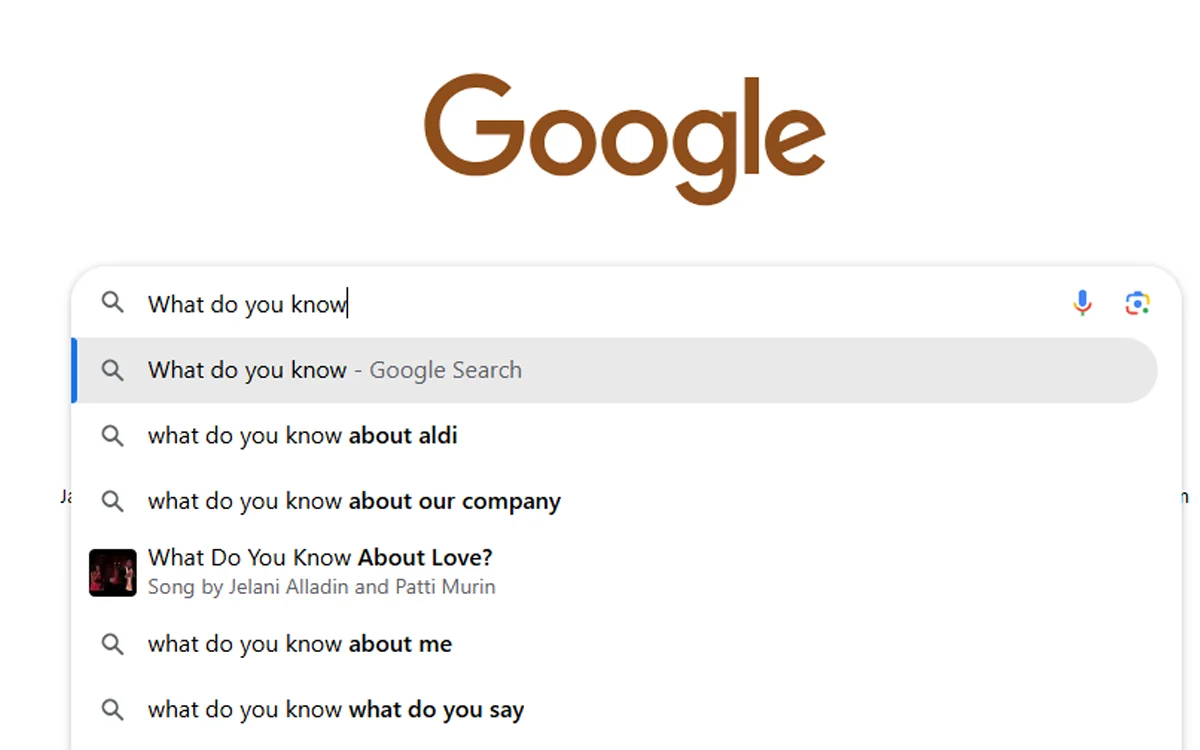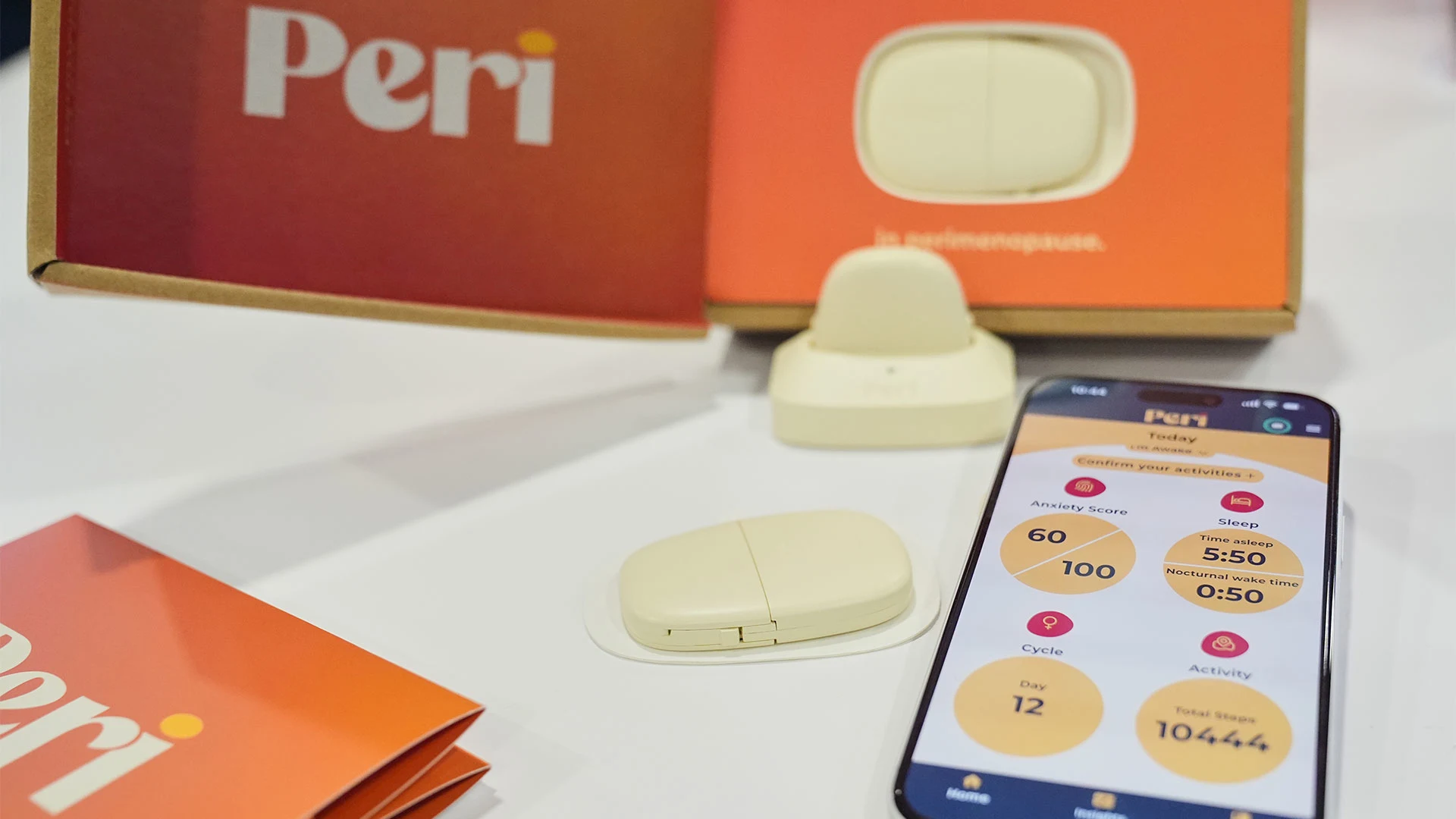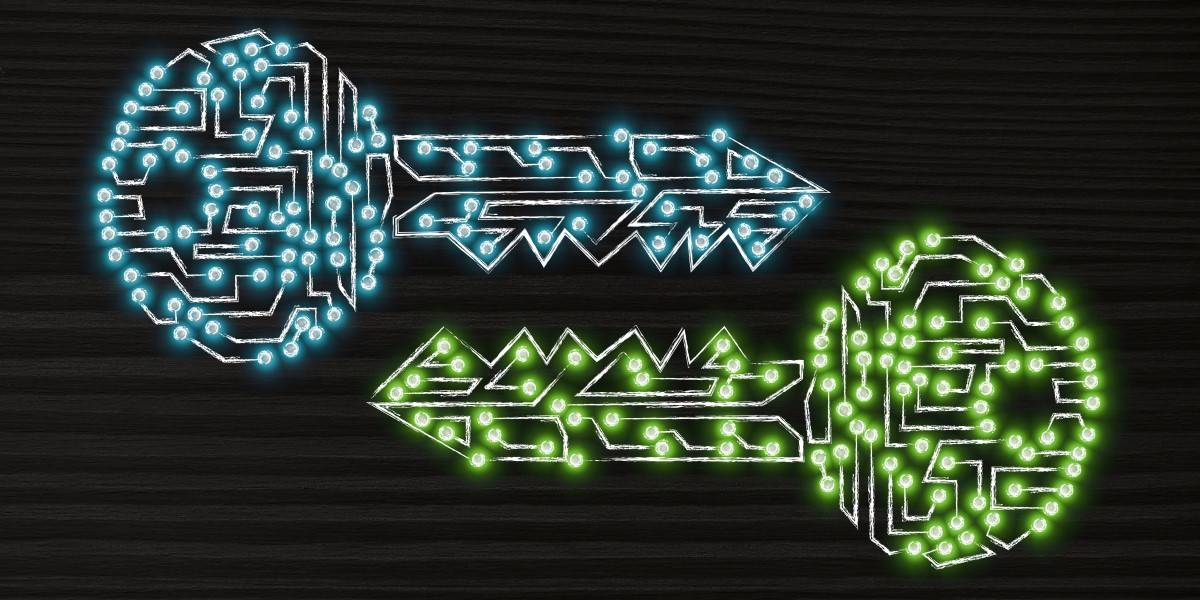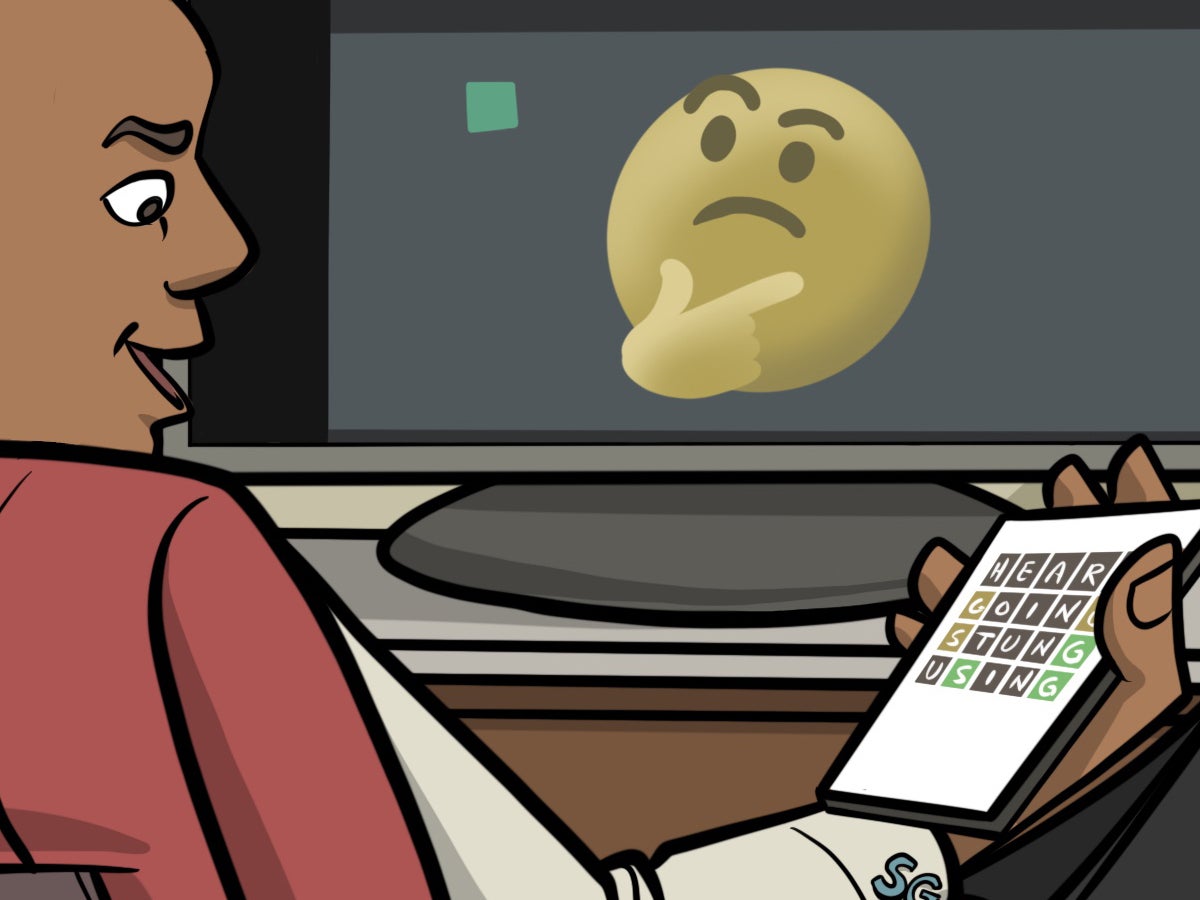#data-privacy
#data-privacy
[ follow ]
#tiktok #flock-safety #ai-governance #ai-in-healthcare #advertising #openai #digital-sovereignty #deepfakes
fromenglish.elpais.com
1 day agoLucia Camacho: In the iris business, it's no coincidence that World Foundation has focused on Latin America'
Over the past three years, several Latin American countries have witnessed the arrival of the Orb, a futuristic-looking spherical device used to read irises and capture biometric data. This striking technology, developed by World Foundation and created by Sam Altman, a leading figure in artificial intelligence and CEO of OpenAI, along with its operational partner, Tools for Humanity, has been installed in shopping malls, gas stations, and other locations in Colombia, Chile, and Brazil.
Artificial intelligence
fromTech Times
1 day agoWhy US TikTok Users Are Deleting the App Amid Censorship, Glitches, and Privacy Fears
US TikTok users are navigating a major ownership shift as TikTok USDS Joint Venture LLC takes control of American operations, addressing longstanding national security concerns. Amid the transition, glitches, feed changes, and privacy policy scrutiny fuel uncertainty, prompting creators and casual users alike to reevaluate their engagement. Daily uninstall rates have spiked dramatically, while rival platforms gain traction, illustrating how trust, control, and technical reliability shape digital loyalty in real time.
US politics
fromThe Drum
1 day agoWith tough times around the corner, what should marketing leaders focus on first?
Sensible businesses will be scrutinizing outgoings now more than ever. With clients looking to claw back profits eroded by spiralling inflation, marketing investment (not to mention your fees) will be up for debate, whether you like it or not. Frustratingly, validating the success of marketing investments is becoming more difficult. We're facing an attribution crisis, and many marketers are struggling to prove the value of each channel or campaign due to the numerous challenges brought about by increased privacy constraints,
Marketing
fromThe Drum
2 days agoTelefonica's Weve strikes audience data deal with Axonix to push programmatic trading
O2-owned Weve has kicked off its Mobile World Congress activity by announcing a tie-up with Axonix that will gives advertisers further insight to its 31 million-strong audience base, and better enable programmatic trading. The deal is geared towards helping advertisers trade display advertising more effectively using Weve's audience data, with agencies, trading desks and brands the ideal target market, according to the outfit.
Intellectual property law
fromIPWatchdog.com | Patents & Intellectual Property Law
4 days agoOther Barks & Bites for Friday, January 30: Senator Cantwell Criticizes Cuts to Federal R&D Funding; Kalyan Deshpande Named Chief Judge of PTAB
IP-driven industries supply nearly half of EU GDP and one-third of jobs, while generative AI, patent rulings, and data-privacy disputes reshape creative and IP landscapes.
fromThe Cyber Express
4 days agoData Privacy Week 2026 Interview: Why Verification Matters
Ad fraud isn't just a marketing problem anymore - it's a full-scale threat to the trust that powers the digital economy. In 2024 alone, fraud in mobile advertising jumped 21%, while programmatic ad fraud drained nearly $50 billion from the industry. During data privacy week 2026, these numbers serve as a reminder that ad fraud is not only about wasted budgets - it's also about how consumer data moves, gets tracked, and sometimes misused across complex ecosystems.
Privacy professionals
Privacy professionals
fromPrivacy International
6 days agoA Call for Class Action: how people are reclaiming control over their health data
Class actions in the US are increasingly used to hold companies accountable for exploiting highly valuable health data, creating financial incentives to change corporate behavior.
fromwww.mercurynews.com
6 days agoCan AI help make homeless Bay Area residents healthier?
Akido Labs, a Los Angeles-based health care technology company that runs clinics and street medicine teams in California, plans to start using its AI model on homeless and housing insecure patients in the Bay Area next month. The program generates questions for outreach workers to ask patients and then suggests diagnoses, medical tests and even medication, which a human doctor then signs off on remotely.
Public health
fromFast Company
6 days agoHow K-12 schools are left on their own to develop AI policies
But as schools seek to navigate into the age of generative AI, there's a challenge: Schools are operating in a policy vacuum. While a number of states offer guidance on AI, only a couple of states require local schools to form specific policies, even as teachers, students, and school leaders continue to use generative AI in countless new ways. As a policymaker noted in a survey, "You have policy and what's actually happening in the classrooms-those are two very different things."
Education
fromTechCrunch
6 days agoWhat you should know about the owners of US TikTok | TechCrunch
ByteDance, TikTok's Chinese parent company, recently established a separate American entity to run the app's U.S. operations. This restructuring aims to separate U.S. TikTok from its Chinese parent, addressing concerns about data privacy and foreign control. The move came after years of pressure from lawmakers, who feared the Chinese government's potential access to Americans' data. In 2024, Congress enacted a law, mandating that TikTok's U.S. operations be separated from ByteDance.
Venture
fromNextgov.com
1 week agoSenators demand details on DOGE's data access following revelations of improperly shared SSA data
The top Democrat and Republican on the Senate Finance Committee are asking the Social Security Administration to elaborate on a recent court filing which stated that SSA doesn't know the full extent of agency data accessed and shared by the Department of Government Efficiency. In a letter to SSA Commissioner Frank Bisignano, Sens. Michael Crapo, R-Idaho, and Ron Wyden, D-Ore., asked for a briefing on the recent court disclosure, writing that "we take very seriously the SSA's stewardship of any personally identifiable information (PII) in its purview."
US politics
fromTechCrunch
1 week agoQualcomm backs SpotDraft to scale on-device contract AI with valuation doubling toward $400M | TechCrunch
As demand grows for privacy-first enterprise AI that can run without sending sensitive data to the cloud, SpotDraft has raised $8 million from Qualcomm Ventures in a strategic Series B extension to scale its on-device contract review tech for regulated legal workflows. The extension values SpotDraft at around $380 million, the startup told TechCrunch, nearly double its $190 million post-money valuation following its $56 million Series B in February of last year.
Artificial intelligence
fromwww.dailynews.com
1 week agoThis proposed California ballot initiative aims to protect children who use AI chatbots
At this pivotal moment for AI, we can't make the same mistake we did with social media, when companies used our kids as guinea pigs and helped fuel a youth mental health crisis in the U.S. and around the world, Common Sense Media founder and CEO James Steyer said in a statement. Kids and teens need AI guardrails now, he added. That's why we will pursue every avenue, from the legislature to the ballot.
California
fromThe Verge
1 week agoExperian's tech chief defends credit scores: 'We're not Palantir'
Today, I'm talking with Alex Lintner, who is the CEO of technology and software solutions at Experian, the credit reporting company. Experian is one of those multinationals that's so big and convoluted that it has multiple CEOs all over the world, so Alex and I spent quite a lot of time talking through the Decoder questions just so I could understand how Experian is structured, how it functions, and how the kinds of decisions Alex makes actually work in practice.
Privacy professionals
Digital life
fromBusiness Insider
1 week agoWith 'Personal Intelligence,' Google finally admits how much it knows about you. It's scary-good.
Google's Personal Intelligence lets Gemini analyze a user's Google data (Gmail, Photos, Search, YouTube) to provide highly personalized assistance and suggestions.
fromwww.mercurynews.com
1 week agoGoogle lets users tailor AI search with data from photos, email
It transforms Search into an experience that feels uniquely yours by connecting the dots across your Google apps, said Robby Stein, vice president of product for Google search, in a blog post. Google, long dominant in online search, has faced new threats from artificial intelligence startups like OpenAI and Perplexity AI Inc., which offer alternative ways to look up information.
Artificial intelligence
Marketing tech
fromLondon Business News | Londonlovesbusiness.com
1 week agoInfluencer platforms in the UK: What local brands should look for - London Business News | Londonlovesbusiness.com
Use an influencer platform with UK-ready, end-to-end workflows that enforce disclosure, claims discipline, privacy-safe recruitment, and finance-ready reporting to limit enforcement and reputational risk.
fromFast Company
1 week agoAI romance is not a bug
This is not a novelty feature. It's a strategic choice. And at scale, it represents something far more dangerous than a questionable product decision. WHY AI COMPANIES ARE ENCOURAGING INTIMACY Romance is the most powerful engagement mechanism ever discovered. A user who treats AI as a tool can leave. A user who treats it as a companion cannot. Emotional attachment produces longer sessions, repeat engagement, dependency, and vast amounts of deeply personal data.
Artificial intelligence
fromForbes
1 week agoHow To Take Advantage Of Technology In CPG Marketing
Statistics from the 2025 holiday shopping season clearly show that AI is playing a huge role in how people shop. But new research from retail payment platform Adyen found that many consumers are ready for AI to become their personal shopper. Just over half-51%-said they're open to letting AI take over the entire shopping process, including making final purchases. Millennials are the most willing to let agents do their shopping, with nearly three in five saying they are ready for such a shift.
E-Commerce
Artificial intelligence
fromZDNET
1 week agoBusinesses are deploying AI agents faster than safety protocols can keep up, Deloitte says
AI agent adoption in businesses is rapidly increasing while safety and oversight mechanisms remain insufficient, creating significant governance and risk-management gaps.
Artificial intelligence
fromFOX8 WGHP
2 weeks agoCould ChatGPT convince you to buy something? Threat of manipulation looms as AI companies gear up to sell ads
AI industry is adopting social-media-style ad-driven surveillance, capturing user behavioral data to monetize attention and risking manipulation for advertisers' and investors' benefit.
fromMedium
2 weeks agoThe dawn of Authentic Experience (AuX)
UX is entering a new era. At the centre of every design conversation in 2026 lies a singular force: Artificial Intelligence. It is now so pervasive that even five-year-olds can explain its utility, while the AI natives of the new Beta generation are coming of age in a world where a conversational digital collaborator is not a feature but a baseline reality.
UX design
Education
fromEngadget
2 weeks agoLego's latest educational kit seeks to teach AI as part of computer science, not to build a chatbot
Lego Education released AI curricula and kits teaching foundational AI and computer science for K-8, emphasizing offline, teacher-led, collaborative learning without data transfer.
Video games
fromGameSpot
2 weeks agoActivision Faces Investigation Over "Misleading And Aggressive Practices" In Two Games
Italian regulator investigates Diablo Immortal and Call of Duty Mobile for potentially deceptive UI, aggressive monetization, weak parental defaults, and problematic data-consent practices.
fromeLearning Industry
2 weeks agoGlobal Expansion Strategies For AI Companies
Identifying the best global expansion strategies isn't the only step AI companies should take to accelerate business growth and reach new audiences. It may be easier than ever to reach buyers on the other side of the world, but doing so brings its own set of challenges and hiccups. For starters, AI regulations differ by region, meaning that you have to know and abide by the rules in different regions.
Artificial intelligence
fromDataBreaches.Net
2 weeks agoData protection agency tells Coupang to stop publishing unconfirmed information about data breach - DataBreaches.Net
Korea's data protection watchdog on Wednesday told e-commerce giant Coupang to stop publishing its own findings about a data breach that compromised the personal information of millions of users, warning that unverified statements could mislead users and undermine an ongoing official investigation. The Personal Information Protection Commission (PIPC) said Coupang had disclosed information on its app and website that authorities have not confirmed through a formal probe.
Privacy professionals
fromKqed
3 weeks agoGovernment Database May Be Aiding Trump Administration's Deportation Efforts | KQED
For an annual fee of roughly $200,000 SANDAG grants immigration enforcement agencies, including Customs and Border Protection (CBP), access to the database, which is known as ARJIS. The database contains information from every law enforcement agency in San Diego County - which includes traffic citations, arrest records, field interviews, a local jail census and some driver license records. Local police agencies have shared data with their federal counterparts through ARJIS for decades.
Privacy professionals
Canada news
fromwww.cbc.ca
3 weeks agoStaples Canada left some personal information on resold laptops, says privacy watchdog | CBC News
Staples Canada resold returned laptops that still contained customers' personal information, prompting the Privacy Commissioner to require stronger wiping standards, staff training, and independent audits.
fromTechCrunch
3 weeks agoOpenAI is reportedly asking contractors to upload real work from past jobs | TechCrunch
OpenAI and training data company Handshake AI are asking third-party contractors to upload real work that they did in past and current jobs, according to a report in Wired. This appears to be part of a larger strategy across AI companies that are hiring contractors to generate high-quality training data in the hopes that this will eventually allow their models to automate more white-collar work.
Artificial intelligence
Privacy professionals
fromKqed
4 weeks agoPrivacy Advocates Have Growing Concerns Over Use Of Automated License-Plate Readers | KQED
Widespread ALPR deployment in California threatens privacy and civil liberties by enabling federal enforcement targeting immigrants and people seeking abortion or gender-related healthcare.
fromLifehacker
4 weeks agoThis Tool Deletes Your Info From Data Broker Sites (If You Live in One State)
California isn't the only state to enact stronger consumer privacy laws in recent years, but its Delete Requests and Opt-Out Platform (DROP) is the first of its kind. The tool is live now, though brokers won't begin processing submissions until August. Here's what to do now if you live in California-and some options for removing your information from data brokers if you don't.
Privacy professionals
[ Load more ]





